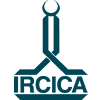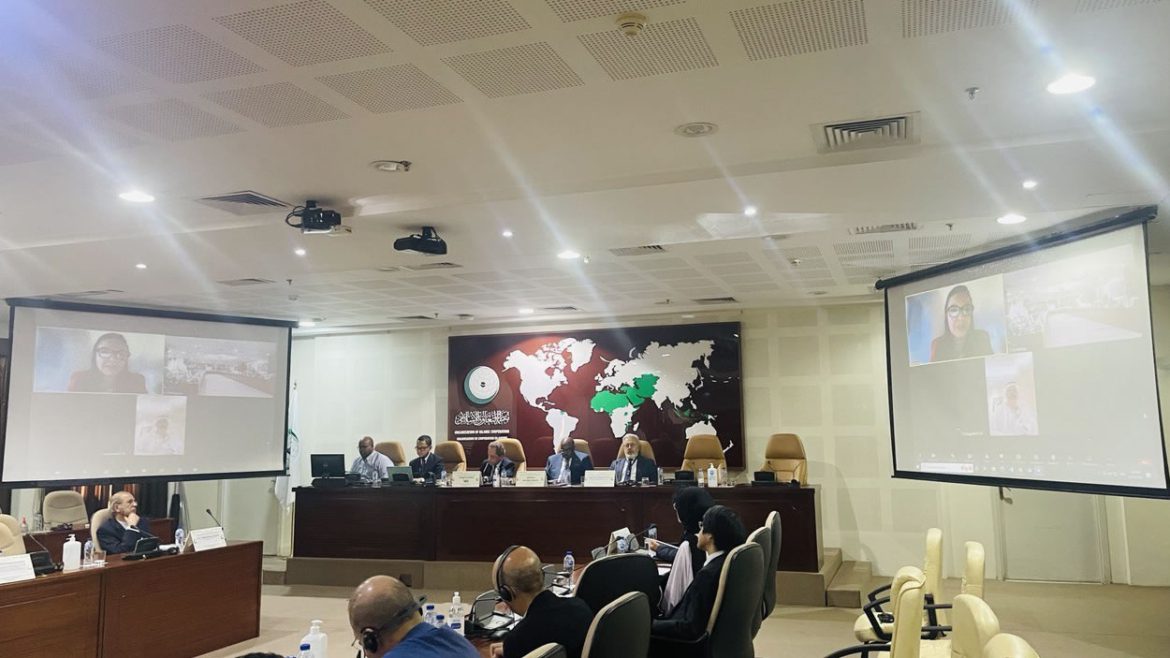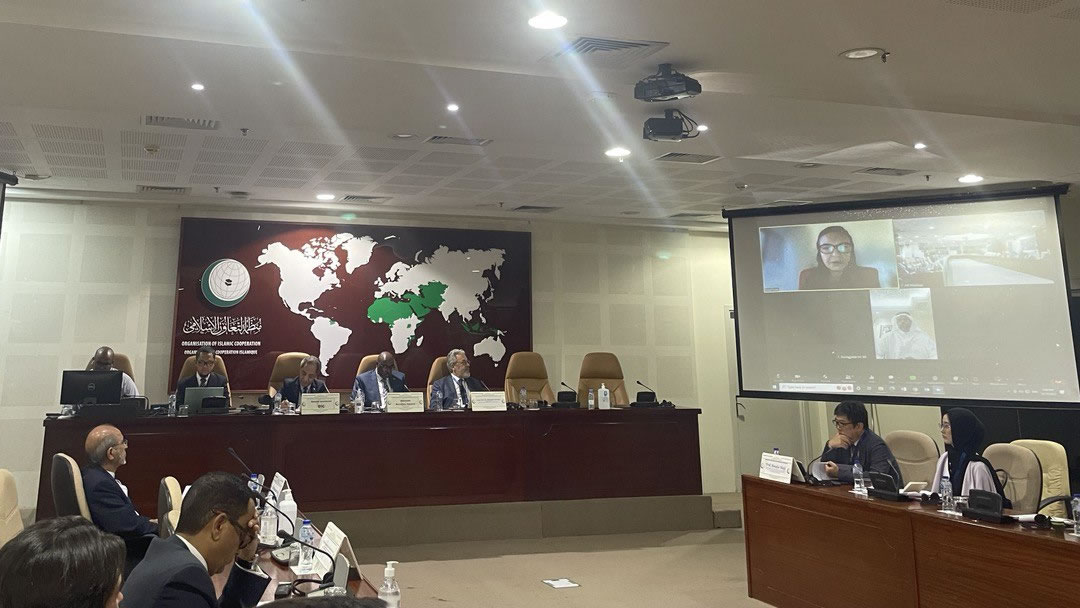The OIC Hybrid Seminar “Connecting Further at the Post-Covid19 Contemporary World: Enhancing Dialogue between the Islamic World and Other Great Civilizations” was coordinated at the OIC Headquarters in Jeddah, Kingdom of Saud Arabia on 10 October 2022. The main objectives of the seminar were to explore views from the Islamic world and other countries and civilizations on the global pandemic seen from a civilizational perspective; international cooperation at times of crisis, experiences in managing the recent pandemic, conducting international cooperation, expanding cooperation between the OIC Member States and other countries and civilizations. Panel I on “Countries’ responses during most difficult pandemic times: how were the roles of faith leaders?” was addressed by representatives and specialists from the Islamic world, USA, China, Japan, Russian Federation, reflecting national, regional and multilateral perspectives and experiences from the standpoints of the West, Sino culture, Buddhism-Shintoism, and Russian Orthodox towards the pandemic period.
Panel II on “Making our contemporary civilizations more prepared in facing other difficult periods in the future” was addressed by the heads and representatives of international organizations: IRCICA; United Nations Alliance of Civilizations (UNAOC); Council of the European Union; King Abdullah bin Abdulaziz International Centre for Interreligious and Intercultural Dialogue (KAICIID). Observations were formulated by international institutions on various responses to the pandemic, the role of faith leaders, the situations of the disadvantaged and vulnerable groups, enhancement of national and regional capacities in anticipation for such catastrophes.
Addressing the seminar, Ambassador Prof. Dr. Mahmud Erol Kılıç, Director General, IRCICA, described the panorama of inter-civilizational dialogue conducted through various global and regional platforms where issues of global concern for humanity are dealt with; recapitulating survey results collected in different regions of the world on the role of local religious institutions in supporting public welfare policies and helping communities surmount crises, Prof. Kılıç underlined the benefits of coordination between efforts at all these levels and suggested potentially beneficial cooperation areas.






